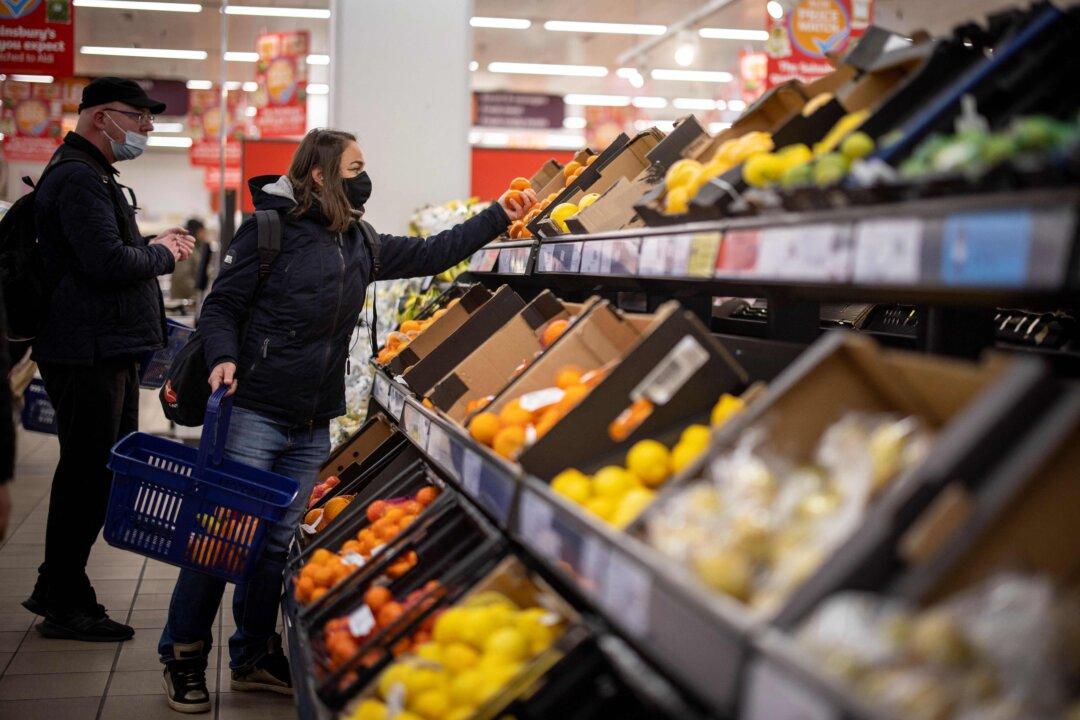Confidence among UK consumers has declined sharply as British households come under increasing pressure amid the cost-of-living crisis, a new survey has revealed.
The Consumer Confidence Index from YouGov and the Centre for Economics and Business Research (CEBR) fell by 4.2 points in August from 103.0 to 98.8, the largest decline since the early stages of the COVID-19 pandemic.





